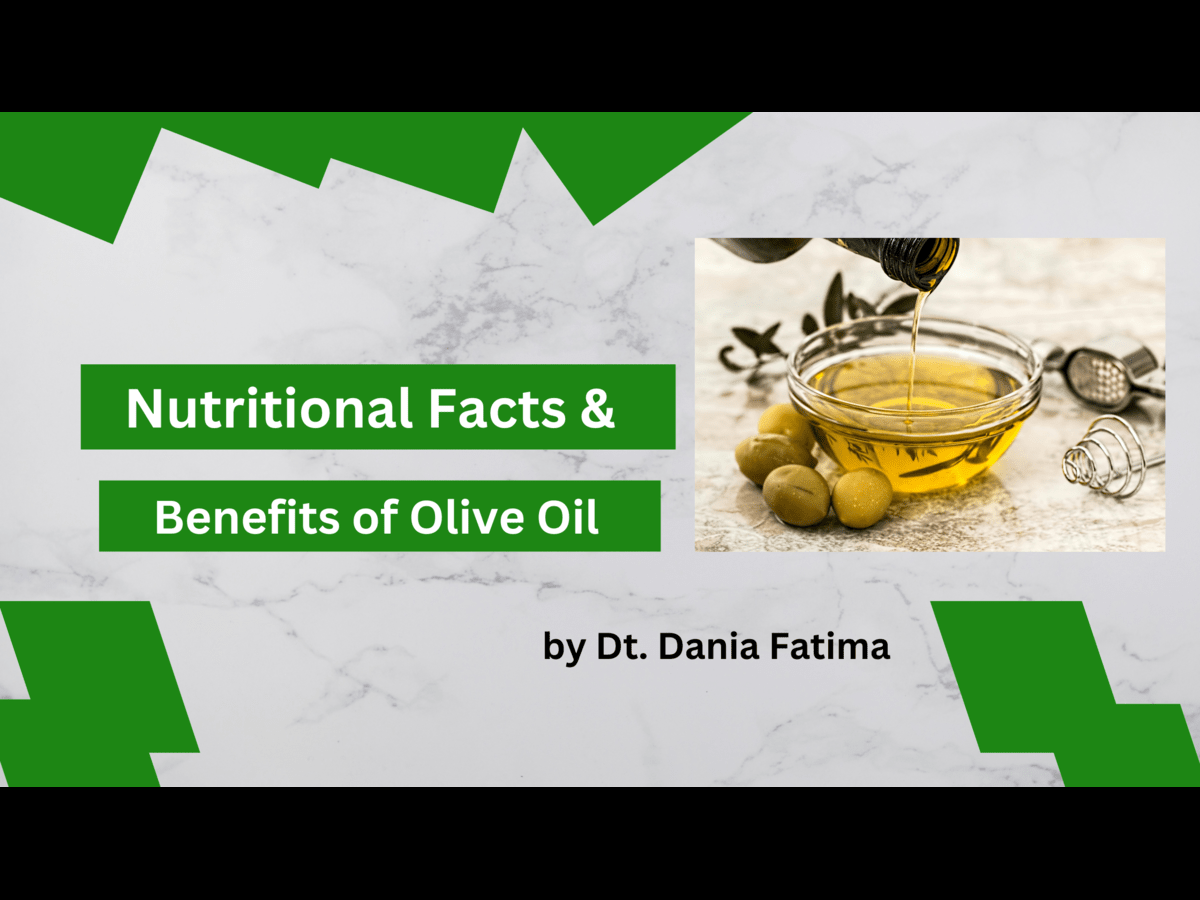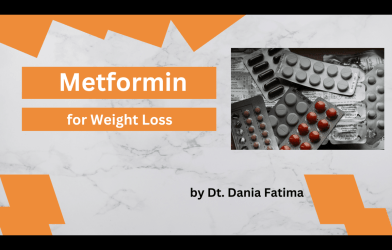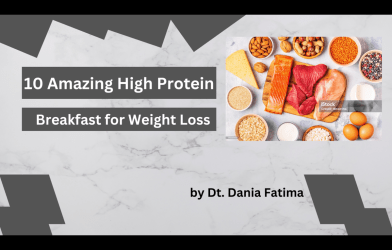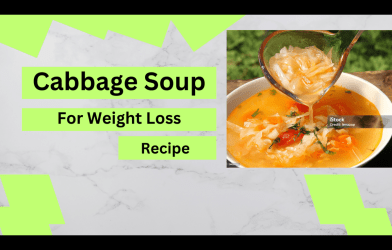Table of Contents
Introduction to Amazing Nutritional Benefits of Olive Oil: Healthy Fats
Amazing Nutritional Benefits of Olive Oil: Healthy Fats. Olive oil, often commended as “liquid gold,” is a staple in Mediterranean cuisine and has been cherished for its health benefits and culinary versatility for thousands of years. Extracted from the fruit of the olive tree (Olea europaea), olive oil is rich in monounsaturated fats, antioxidants, and essential vitamins, making it a heart-healthy choice for cooking and seasoning.
It comes in various grades, the highest being extra virgin olive oil, which is cold-pressed and retains the most flavor and nutrients. Whether drizzled over salads, used for sauteing, or as a bread dip, olive oil adds a rich, nuanced flavor to dishes while promoting overall well-being.
Prevalence of Olive Oil in overall World
The prevalence of olive oil extends far beyond the Mediterranean region, gaining recognition and popularity across the globe. Countries like Spain, Italy, and Greece have historically dominated production, but now nations from North America to Australia are cultivating olives and producing high-quality olive oil.
This global spread is driven by growing awareness of olive oil’s health benefits and its ability to enhance a wide variety of culinary traditions. In the United States, for example, the demand for olive oil has surged, with consumers seeking out authentic extra virgin varieties for their purity and taste. As a result, olive oil can now be found in nearly every grocery store worldwide, and it’s an essential ingredient in kitchens from Tokyo to Toronto.
Prevalence of Olive Oil in Pakistan
In Pakistan, the prominence of olive oil has grown steadily over the past few decades. Increasing awareness of its health benefits, coupled with a rising middle class eager to incorporate healthier fats into their diets, has contributed significantly to its burgeoning popularity. The Pakistani government has also recognized the potential of domestic olive oil production, launching initiatives to cultivate olive groves in suitable regions, such as the Potohar Plateau.
These efforts aim not only to reduce the country’s dependence on imported olive oil but also to support local agriculture and enhance farmers’ livelihoods. Nowadays, olive oil is becoming a common sight in Pakistani households and kitchens, used for everything from cooking to skincare. This shifting trend reflects a broader movement towards healthier living and an appreciation for quality ingredients among Pakistani consumers.
Nutritional Facts of Olive Oil: Healthy Fats
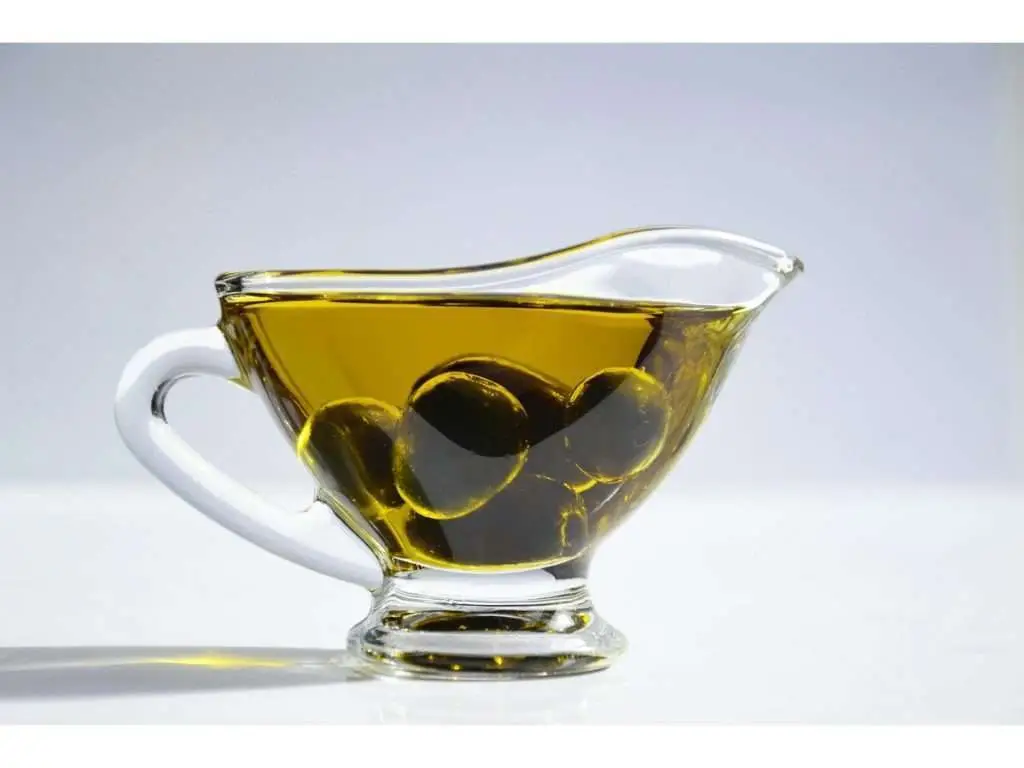

Olive oil is lauded not just for its flavor and versatility, but also for its impressive nutritional profile. A single tablespoon (approximately 15 ml) of extra virgin olive oil contains:
- Calories: 120
- Total Fat: 14 grams
- Saturated Fat: 2 grams
- Monounsaturated Fat: 10 grams
- Polyunsaturated Fat: 1.5 grams
- Cholesterol: 0 mg
- Sodium: 0 mg
- Carbohydrates: 0 grams
- Fiber: 0 grams
- Sugar: 0 grams
- Protein: 0 grams
In addition to these macronutrients, olive oil is packed with beneficial compounds and micronutrients:
- Vitamin E: Approximately 10% of the recommended daily intake (RDI)
- Vitamin K: Approximately 6% of the RDI
- Antioxidants: Various phenolic compounds that help combat oxidative stress
- Oleic Acid: A monounsaturated fat known for its anti-inflammatory properties
These nutritional components contribute to the numerous health benefits of olive oil, including improved heart health, reduced inflammation, and better overall metabolic function. The high concentration of monounsaturated fats helps to maintain good cholesterol levels, while the antioxidants protect against cellular damage. This makes olive oil not only a tasty addition to meals but also a vital component of a healthy diet.
Nutritional Benefits of Olive Oil
The nutritional benefits of olive oilextend far beyond its macronutrient profile, making it a cornerstone of healthy eating patterns, particularly in Mediterranean diets. One of the primary advantages of olive oil is its high content of monounsaturated fats, specifically oleic acid, which has been linked to reducing heart disease risk by lowering LDL cholesterol levels while maintaining or even increasing HDL cholesterol levels. This balance is crucial for cardiovascular health and helps in preventing plaque buildup in the arteries.
Olive oil is also rich in antioxidants, including vitamin E and phenolic compounds, which play a significant role in combating oxidative stress and inflammatory processes in the body. These antioxidants can help protect cells from damage caused by free radicals, reducing the risk of chronic diseases such as cancer and Alzheimer’s disease. The anti-inflammatory properties of olive oil, driven largely by its phenolic compounds, can also alleviate symptoms of inflammatory diseases like arthritis.


Furthermore, the presence of vitamin K in olive oil is essential for blood clotting and bone health. Adequate intake of vitamin K can help improve bone density, reducing the risk of fractures and osteoporosis. The oleic acid in olive oil has also been shown to have beneficial effects on insulin sensitivity and blood sugar control, which can be particularly advantageous for individuals with or at risk of developing type 2 diabetes.
In addition to these benefits, the consumption of olive oil has been associated with improved digestion and gut health. Its ability to enhance the absorption of fat-soluble vitamins (A, D, E, and K) and other nutrients underscores its importance in a balanced diet. Taken together, these nutritional benefits make olive oil an indispensable ingredient not just for its culinary pleasures but also for its profound impact on overall health and well-being.
Recommended Daily Serving of Olive Oil as Healthy Fats
Incorporating olive oil into your daily diet can be highly beneficial for your health, but it’s important to consume it in appropriate amounts. Nutrition experts often recommend a serving of about 1 to 2 tablespoons (15 to 30 ml) of olive oil per day to reap its health benefits without overdoing caloric intake. This amount can be easily integrated into various meals, whether used as a salad dressing, a cooking oil, or a flavor enhancer for roasted vegetables. By adhering to this recommended serving, you ensure that you gain the cardiovascular, anti-inflammatory, and antioxidant benefits of olive oil, while maintaining a balanced and nutritious diet overall.
Possible Side Effects of Olive Oil
While olive oil is generally considered a healthy addition to any diet, it is not without potential side effects, especially when consumed in large quantities. One of the primary concerns is its high caloric content; given that one tablespoon contains about 120 calories, excessive consumption can contribute to weight gain if not balanced with other dietary elements. Additionally, despite its heart-healthy monounsaturated fats, consuming too much olive oil may still lead to an overall high intake of fats, which can impact cardiovascular health negatively.
Another potential side effect is related to digestive issues. For some individuals, the high-fat content in olive oil can cause gastrointestinal discomfort, including bloating, diarrhea, or even nausea if consumed in large amounts. Moreover, because olive oil can act as a natural laxative, it’s important to monitor intake to avoid digestive imbalance.
Olive oil’s anti-inflammatory properties, while beneficial, can sometimes interfere with certain medications. For instance, individuals on blood thinners or those who take cholesterol-lowering drugs might experience interactions that could affect the efficacy of these medications.
Lastly, olive oil is sometimes unrefined and might contain allergens or contaminants, especially if the quality of the oil is not high. This could trigger allergic reactions or other adverse health effects in sensitive individuals. Therefore, it’s advisable to opt for extra virgin olive oil from reputable sources to mitigate these risks.
While these potential side effects are worth noting, they are generally outweighed by the numerous health benefits of olive oil, provided it is consumed in moderation and as part of a balanced diet.
Conclusion
Olive oil stands out not only as a culinary staple but also as a powerhouse of health benefits. Its rich composition of monounsaturated fats, antioxidants, and anti-inflammatory compounds positions it as a vital component of a balanced diet, particularly within the Mediterranean dietary pattern. The positive effects on cardiovascular health, chronic disease prevention, and overall metabolic function underscore its importance. Nonetheless, moderation is key to maximising its benefits while avoiding potential side effects. By incorporating the recommended daily serving of 1 to 2 tablespoons, individuals can enjoy the nutritional advantages of olive oil, contributing to a healthier and well-rounded lifestyle.
FAQs About Olive Oil Nutritional Facts and Health Benefits
1. What are the main types of fats found in olive oil?
Olive oil primarily contains monounsaturated fats, with oleic acid being the most significant component. It also includes smaller amounts of polyunsaturated and saturated fats. Monounsaturated fats are known for their heart-healthy properties, including lowering bad cholesterol (LDL) while maintaining or increasing good cholesterol (HDL).
How does olive oil help in reducing the risk of heart disease?
The high content of monounsaturated fats in olive oil helps reduce LDL cholesterol levels and boosts HDL cholesterol, which can prevent the formation of arterial plaque. Additionally, the antioxidants in olive oil combat oxidative stress and inflammation, contributing to better cardiovascular health.
Are there any vitamins in olive oil?
Yes, olive oil is rich in vitamins E and K. Vitamin E acts as an antioxidant, protecting cells from damage, while vitamin K plays a crucial role in blood clotting and maintaining bone health.
4. How does olive oil impact chronic diseases like cancer and Alzheimer’s?
Olive oil is abundant in antioxidants, such as phenolic compounds and vitamin E, that reduce oxidative stress, a leading cause of chronic diseases like cancer and Alzheimer’s. Its anti-inflammatory properties also help mitigate risks associated with these conditions.
Can olive oil help with weight management?
While olive oil is calorie-dense, moderate consumption as part of a balanced diet can support weight management. Its monounsaturated fats can increase feelings of fullness, helping to control appetite and reduce overall calorie intake.
Is olive oil beneficial for digestive health?
Yes, olive oil can enhance digestion by promoting the absorption of fat-soluble vitamins and reducing the incidence of gastrointestinal issues. However, excessive consumption may lead to digestive discomfort, so it’s crucial to consume it in balanced quantities.
What precautions should be taken when consuming olive oil?
Though olive oil is beneficial, it is high in calories, so moderation is essential to avoid weight gain. People on medications like blood thinners should consult with their healthcare provider, as high intake may interfere with medication efficacy. Opting for high-quality, extra virgin olive oil can also reduce the risk of contaminants and allergens.
How can I incorporate olive oil into my diet?
You can use olive oil as a salad dressing, a cooking oil for sautéing or roasting vegetables, or as a flavour enhancer for dishes. Stick to the recommended one to two tablespoons daily to enjoy its health benefits without excessive calorie consumption.



